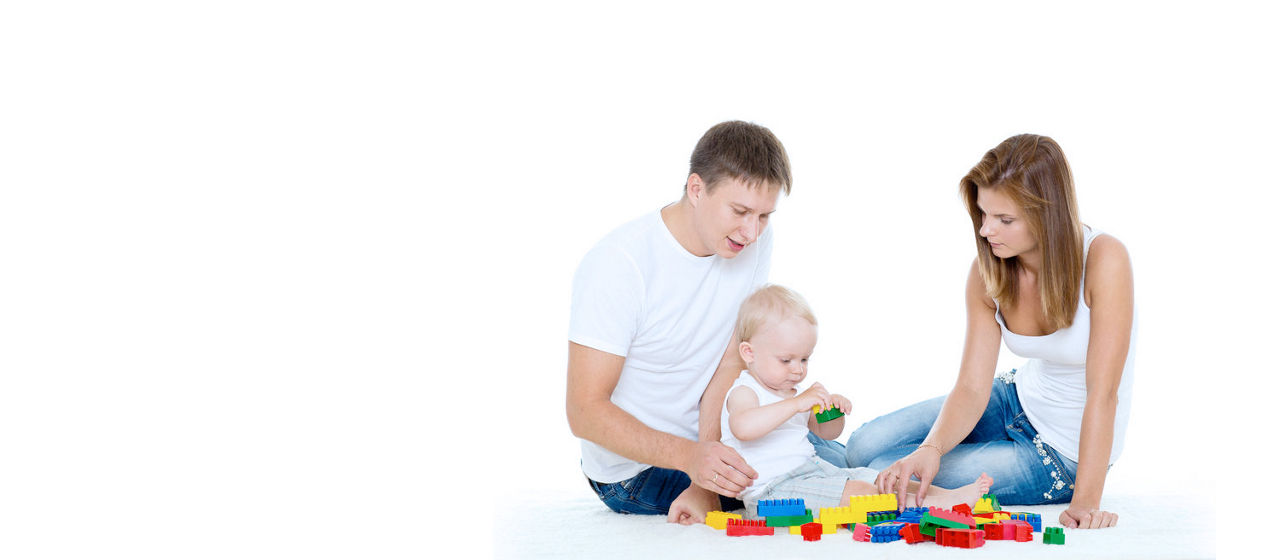Breastmilk is the best for babies. The World Health Organisation recommends exclusive breastfeeding for the first six months of life. Unnecessary introduction of bottle feeding or other food and drinks will have a negative impact on breastfeeding. After six months of age, infants should receive age-appropriate foods while breastfeeding continues for up to two years of age or beyond. Consult your doctor before deciding to use infant formula or if you have difficulty breastfeeding.
What your baby can learn
Never leave your baby unattended, especially when your child’s kicking gets more coordinated. It will try more and more to raise its head in a prone position. The head will be really heavy for the child in comparison to the body. Your baby will also increasingly attempt to open its eyes, although not wide but soon it will be able to follow your face or the hand with an eye. It also responds spontaneously to sounds like rattle or music box and will soon enchant you with his first smile.
What your baby needs
Due to the regular growth spurts in your baby, it will have a veritable craving for milk which is a good thing because for the next few weeks, your baby will need a lot of strength and energy while growing. Each child has its own pace to grow healthily and happily. Your love and a diet that is matched to the respective stage of development will be essential for the ideal growth of the child at this stage.
Our AptaAdvantage Tip
Many babies deem the noise that comes from a machine next door as calming and relaxing. There is no need to sneak around the house when your baby is asleep as it knows the sounds that goes around your household from pregnancy and feels safe with that familiar noise rather than an unusual silence in the house

Connect with our team of experts
We provide advice and support for you on your parenthood journey




